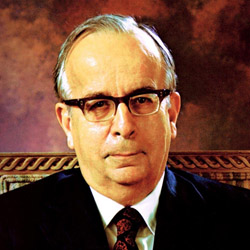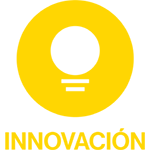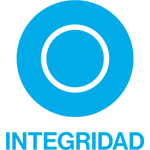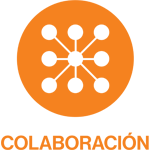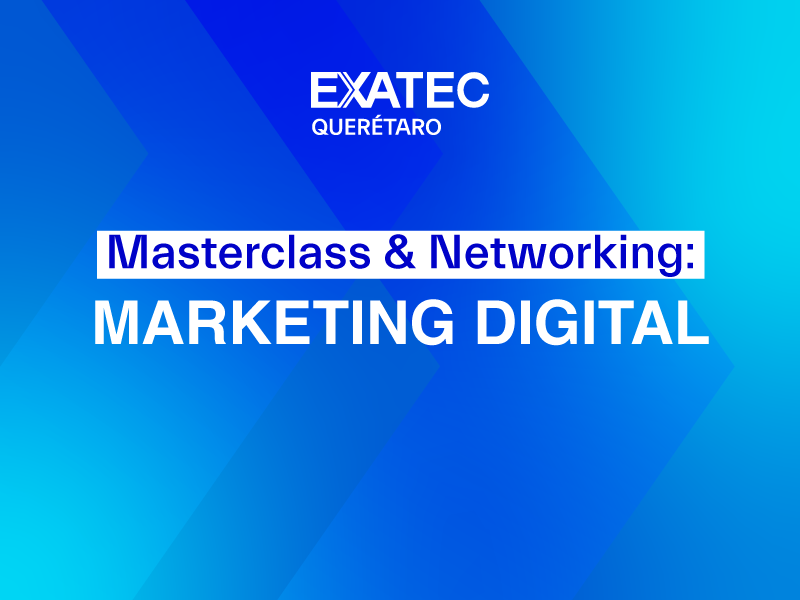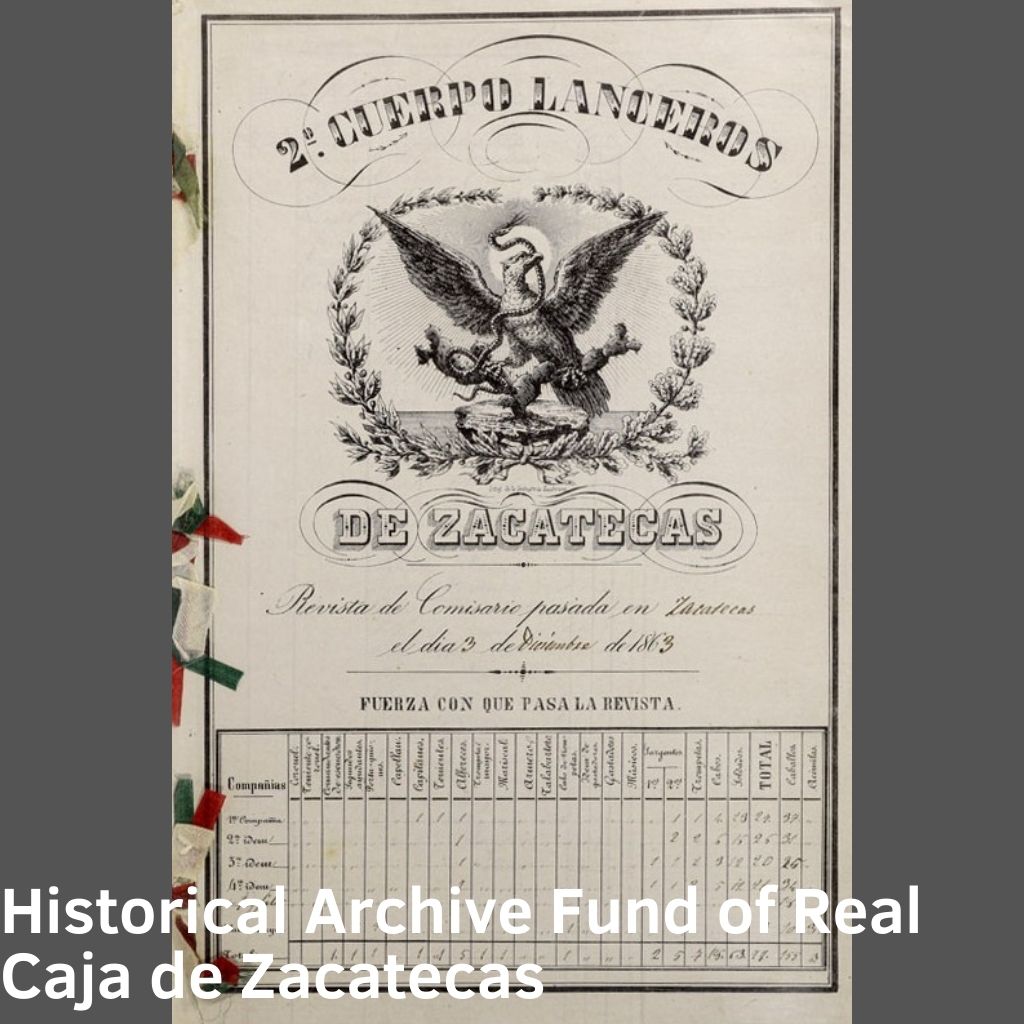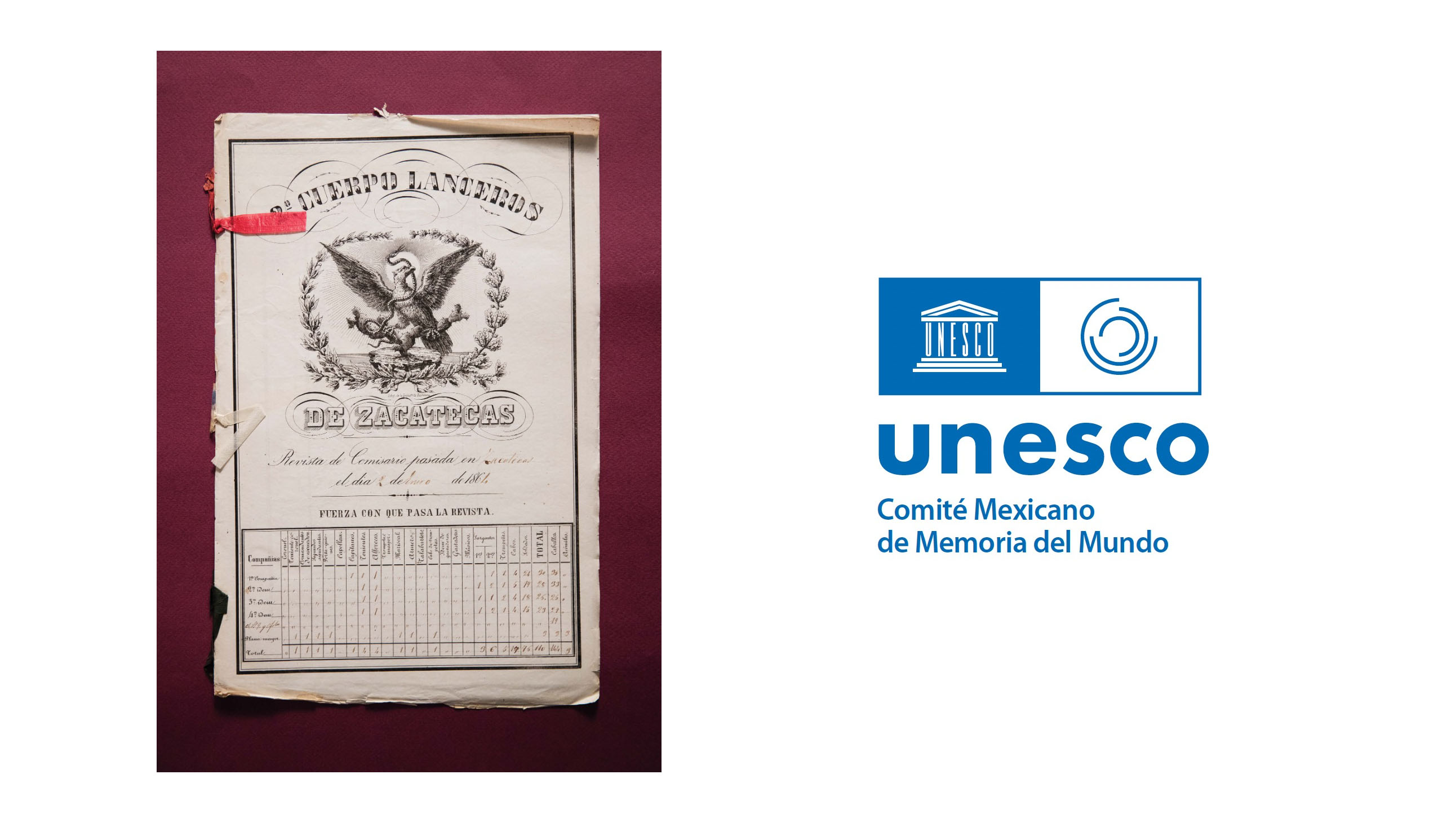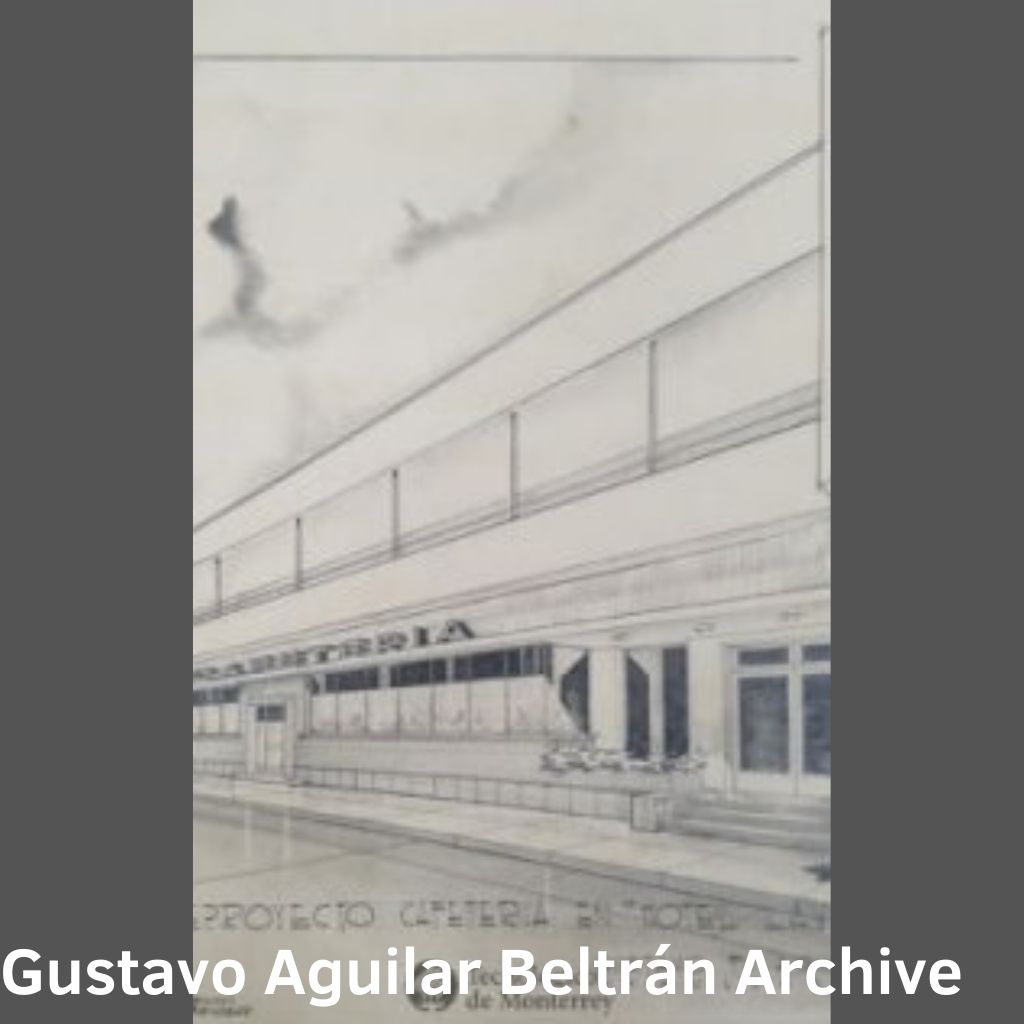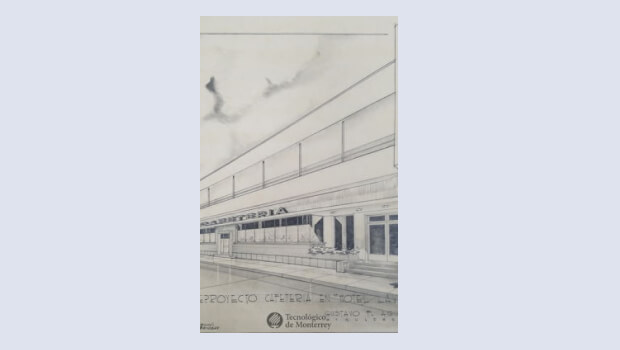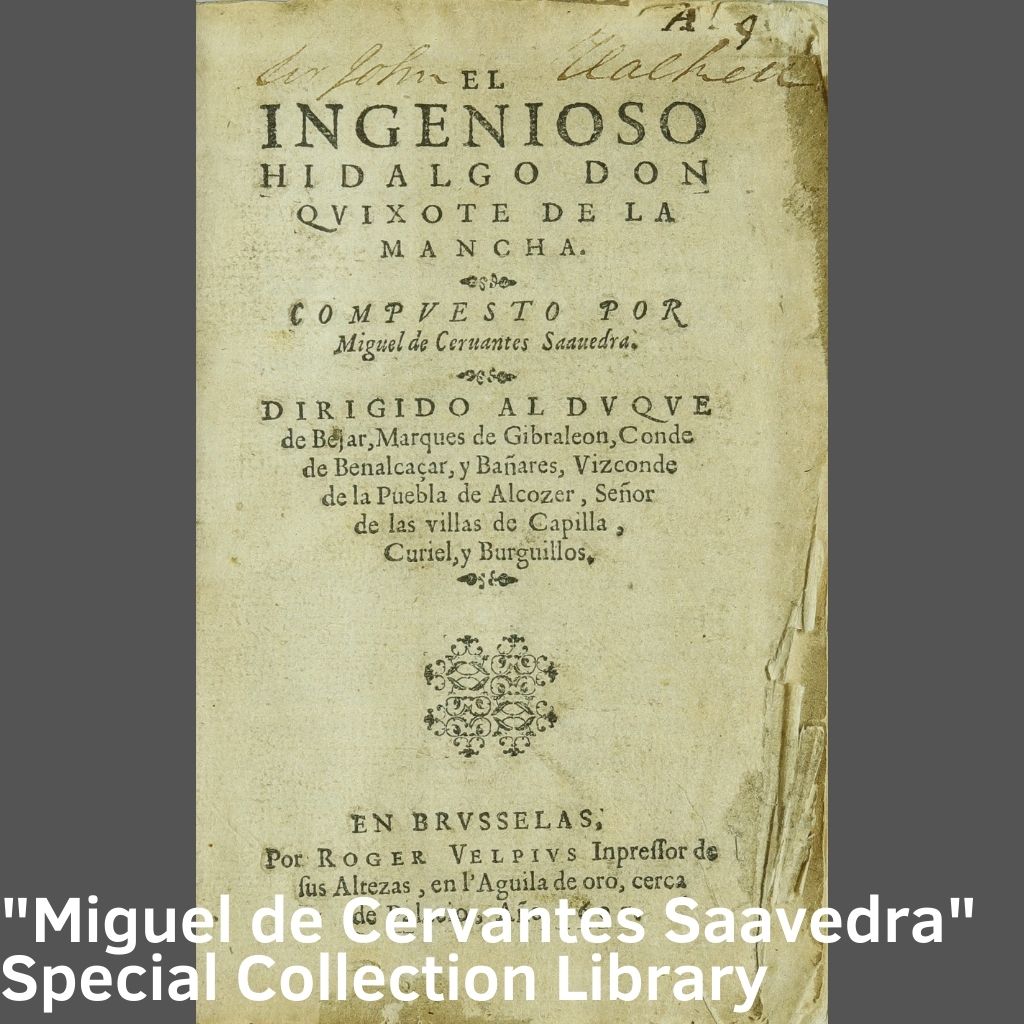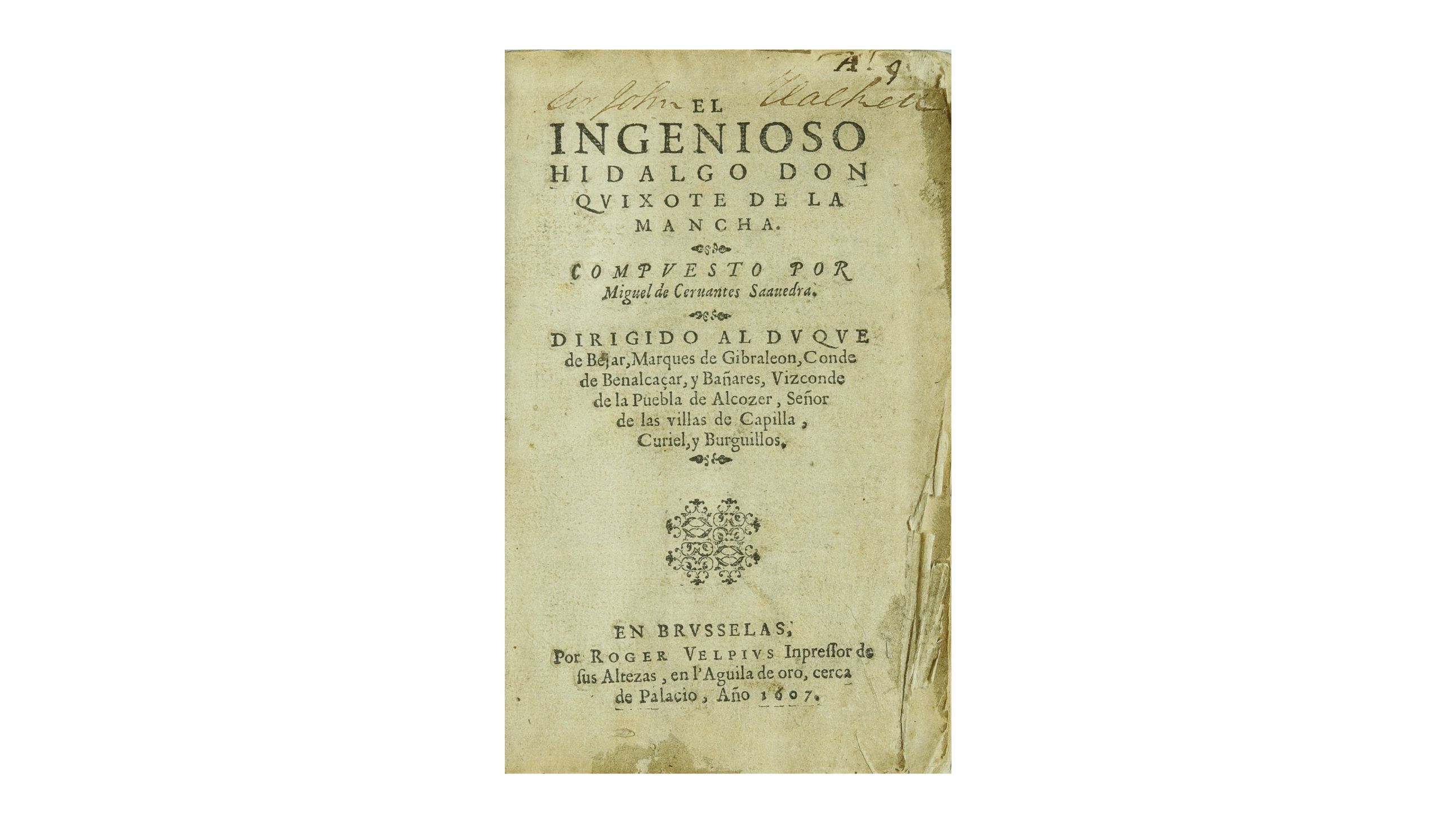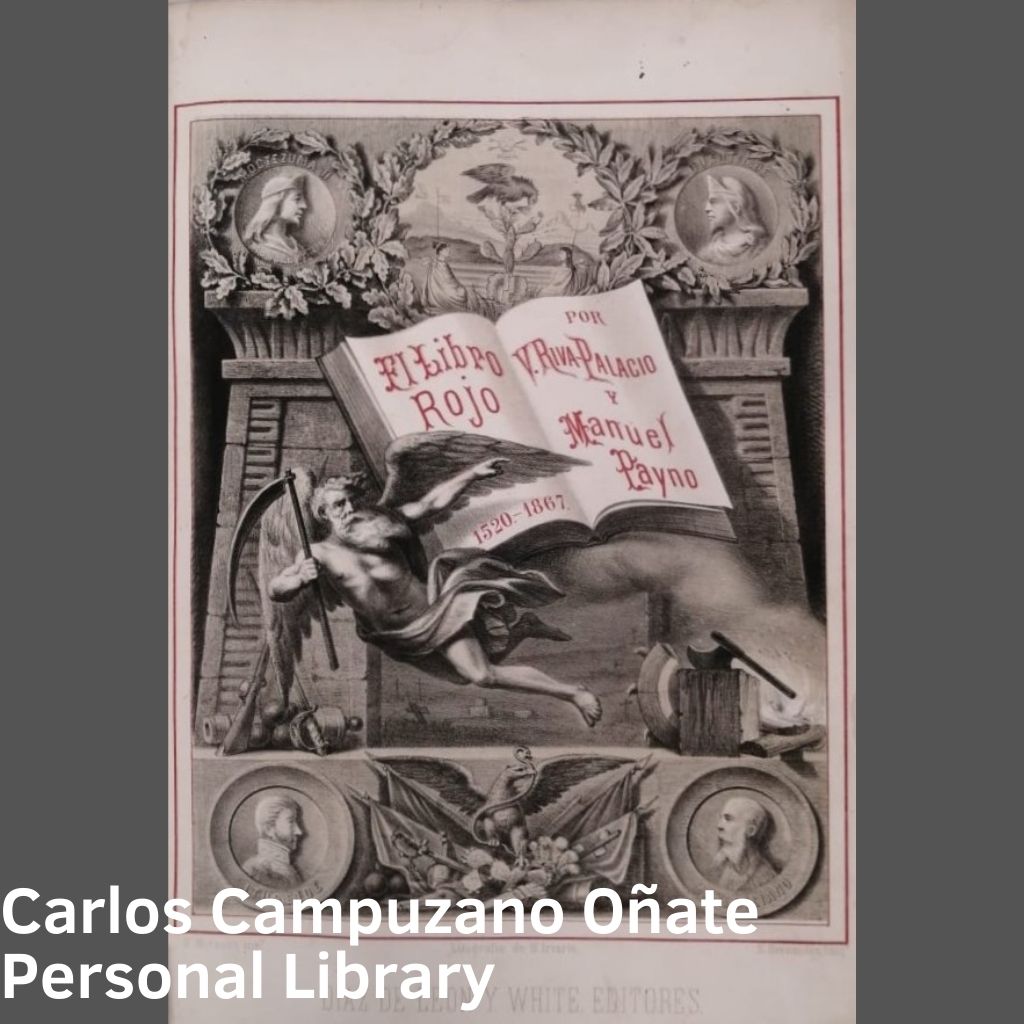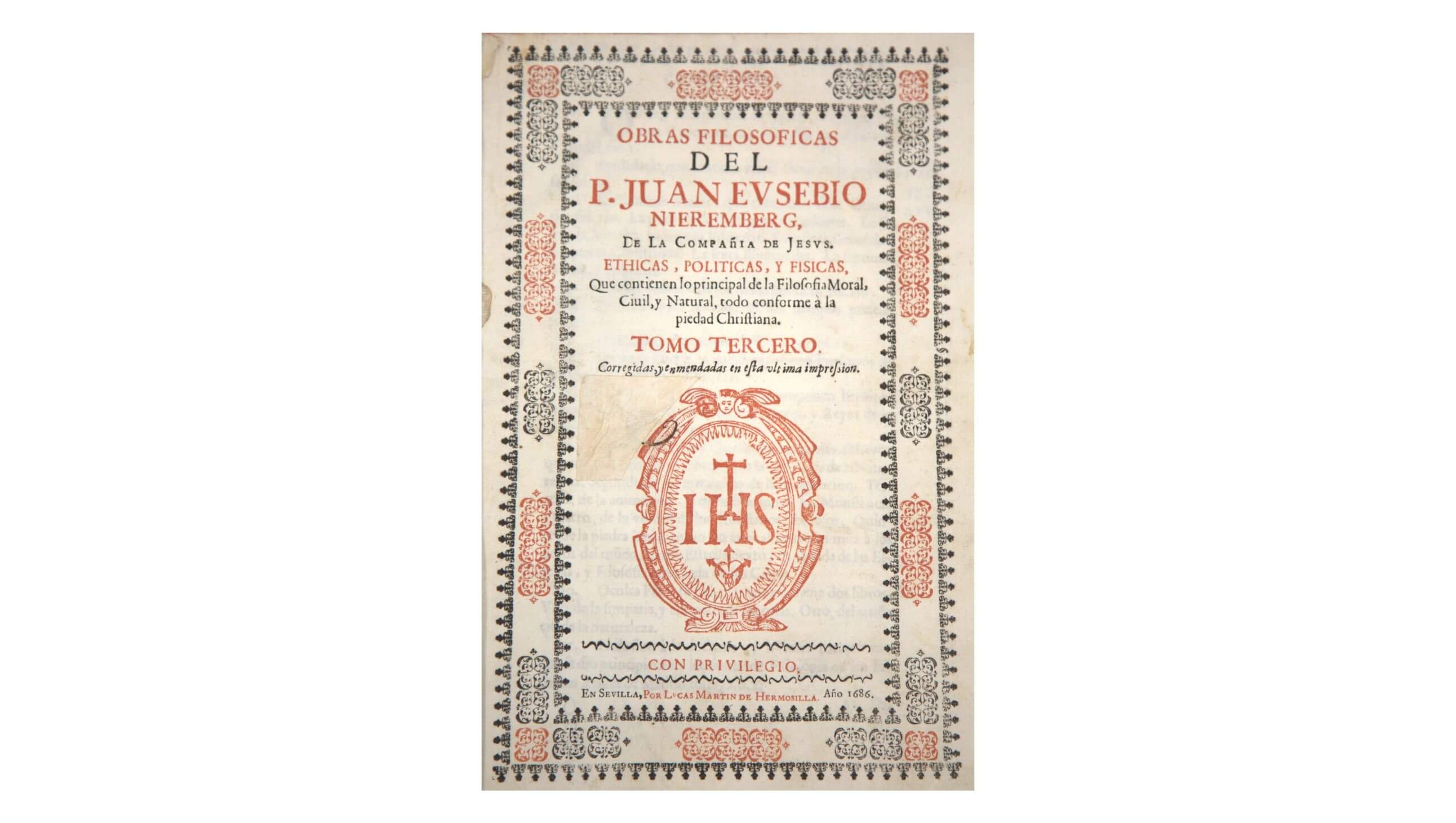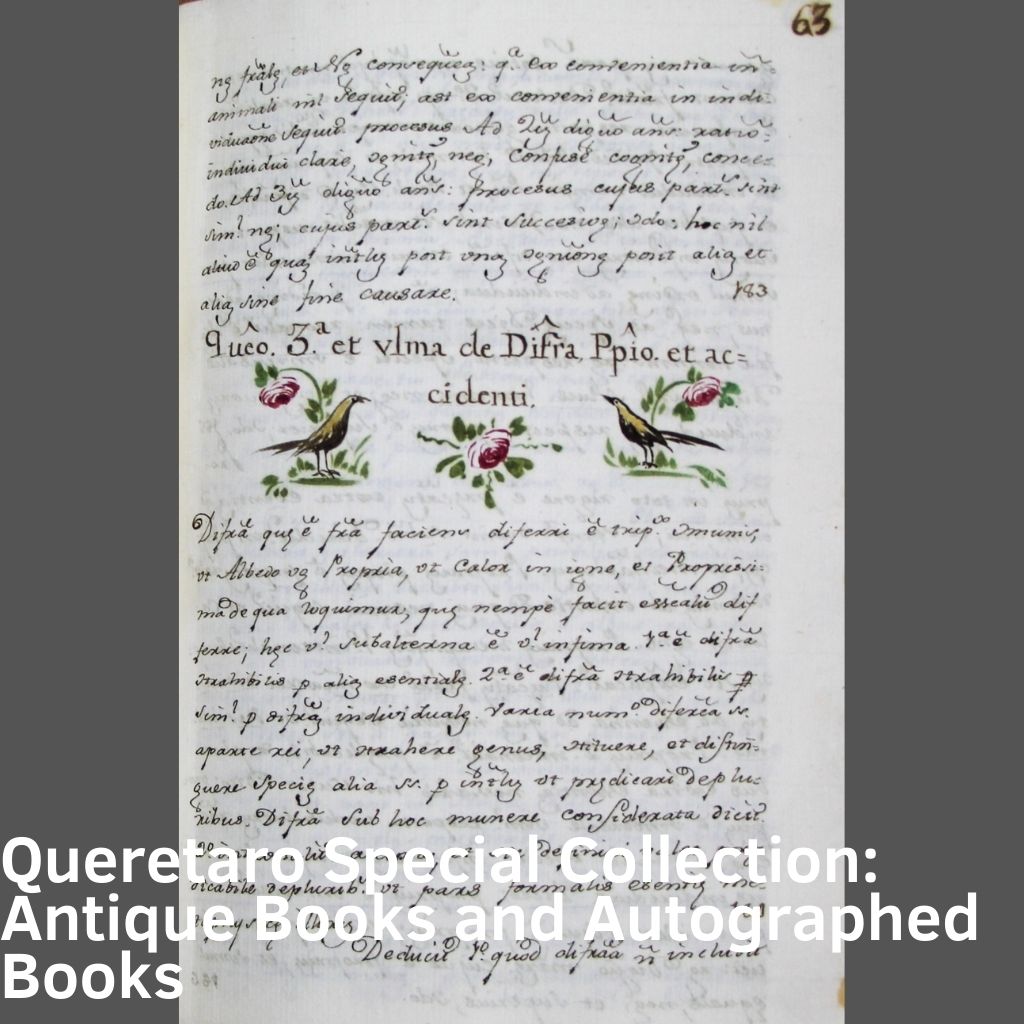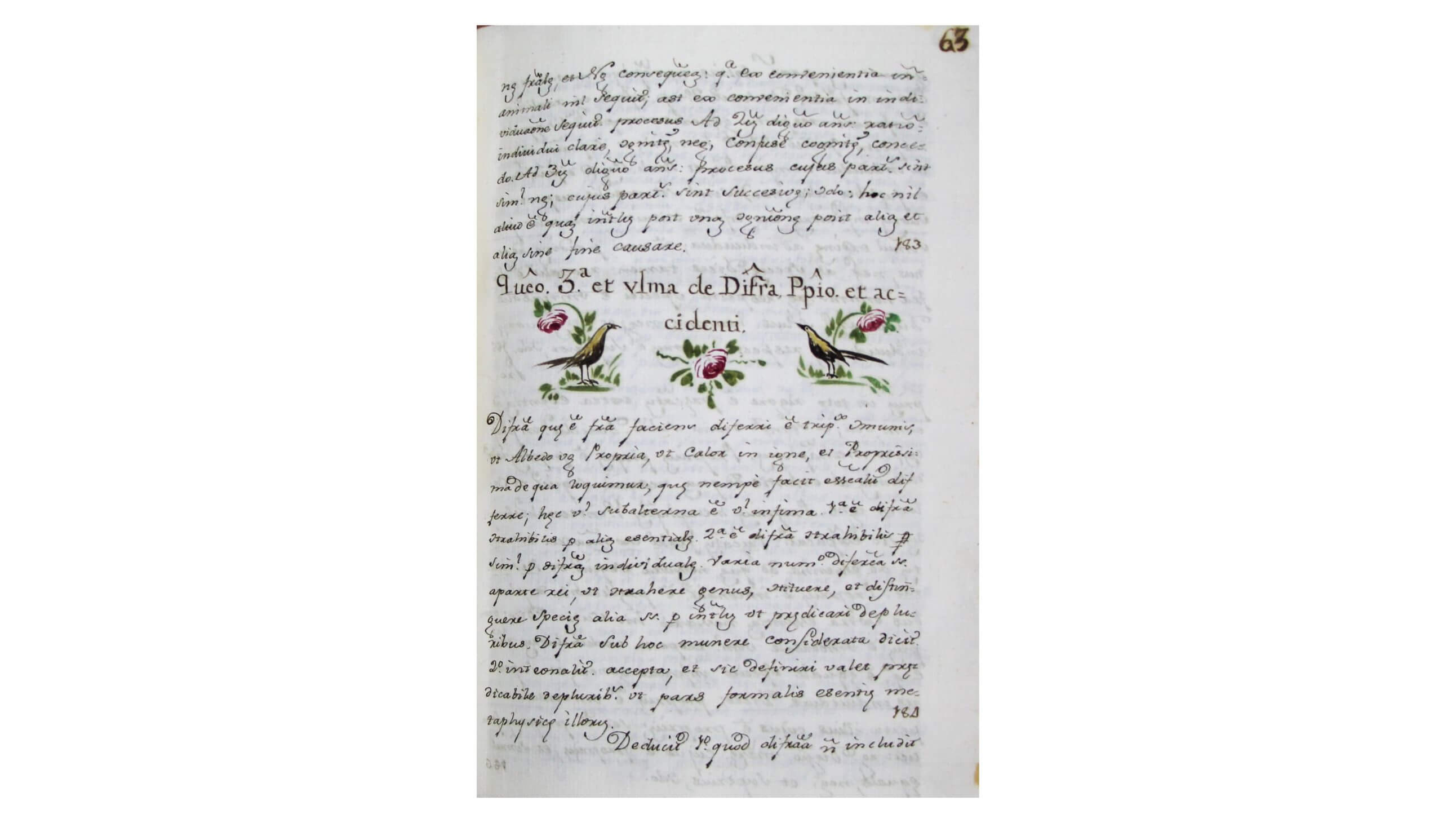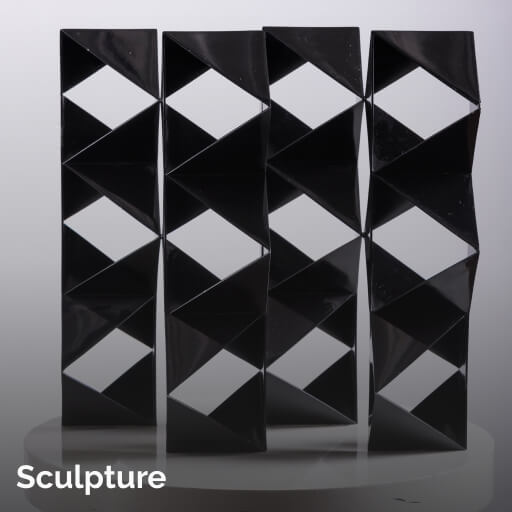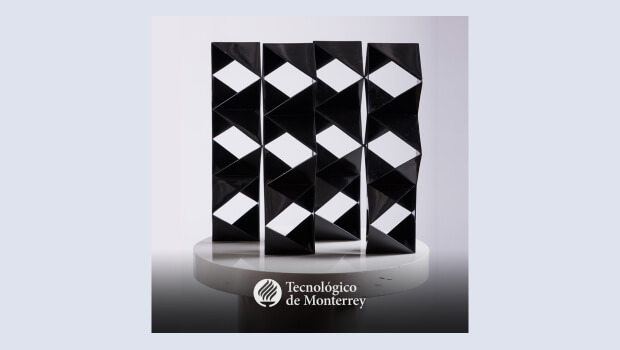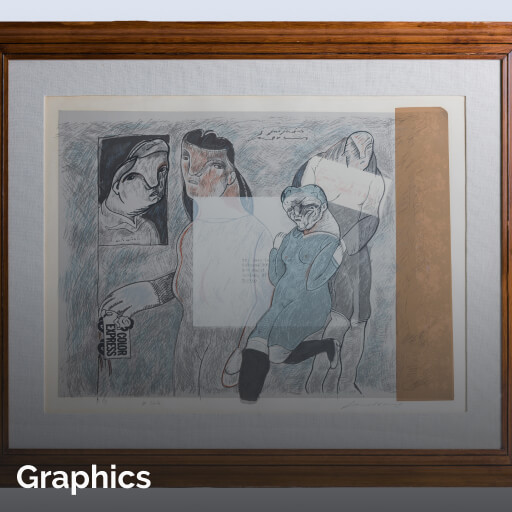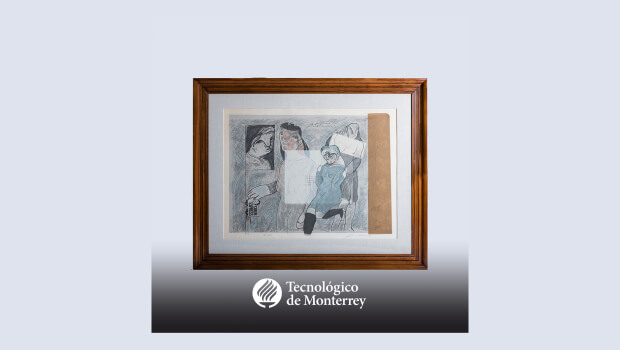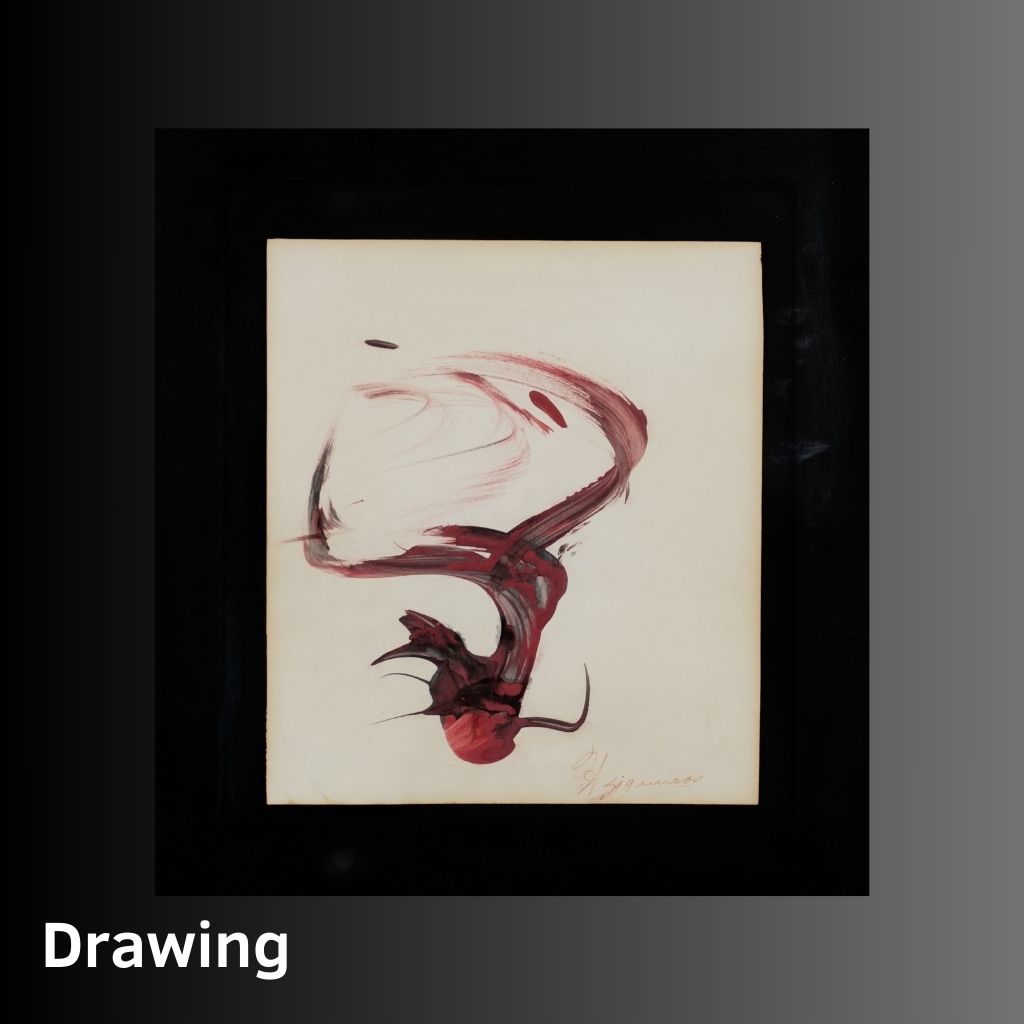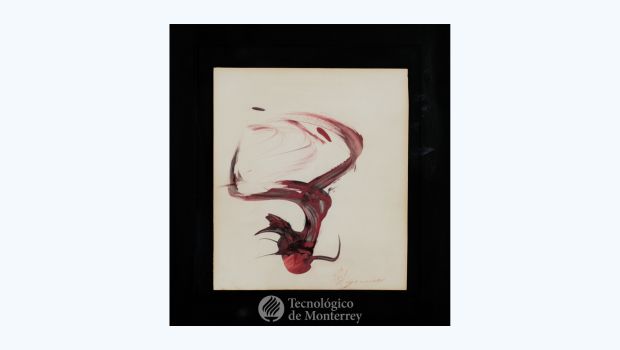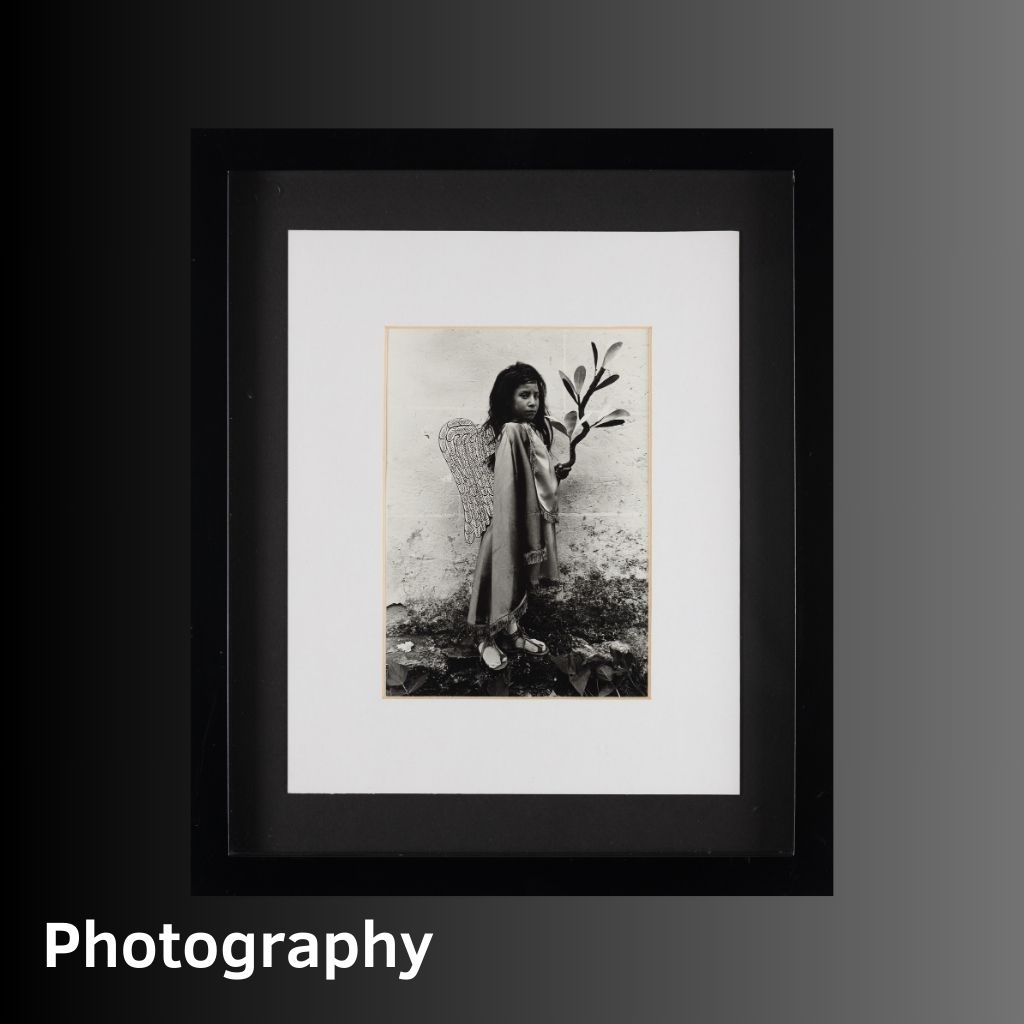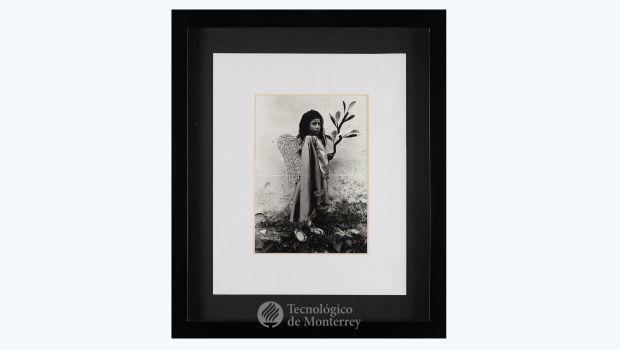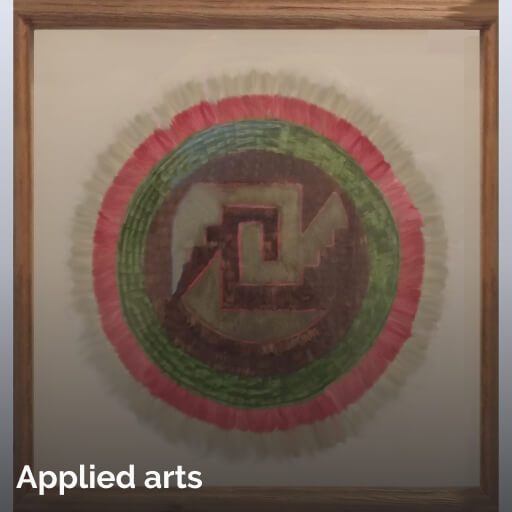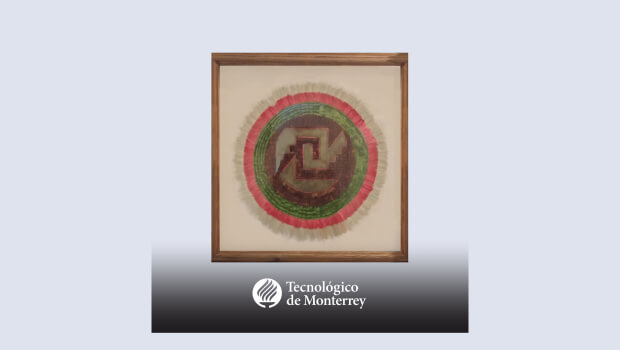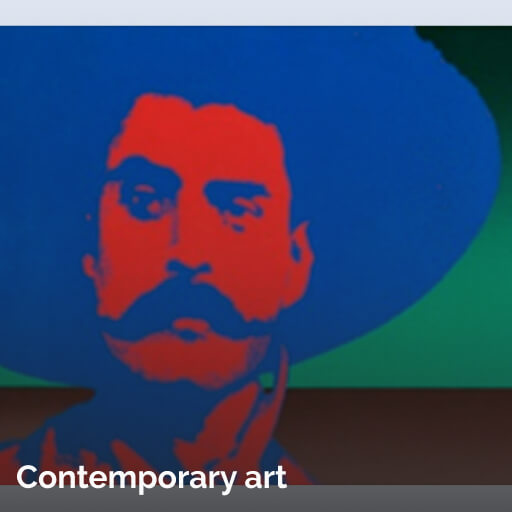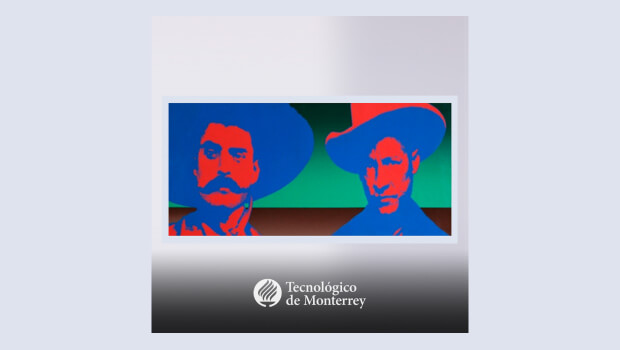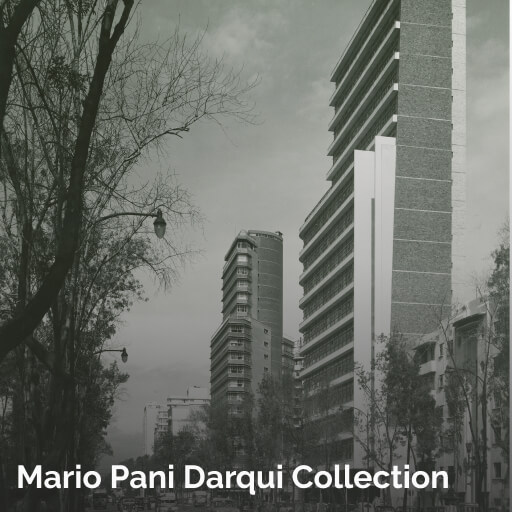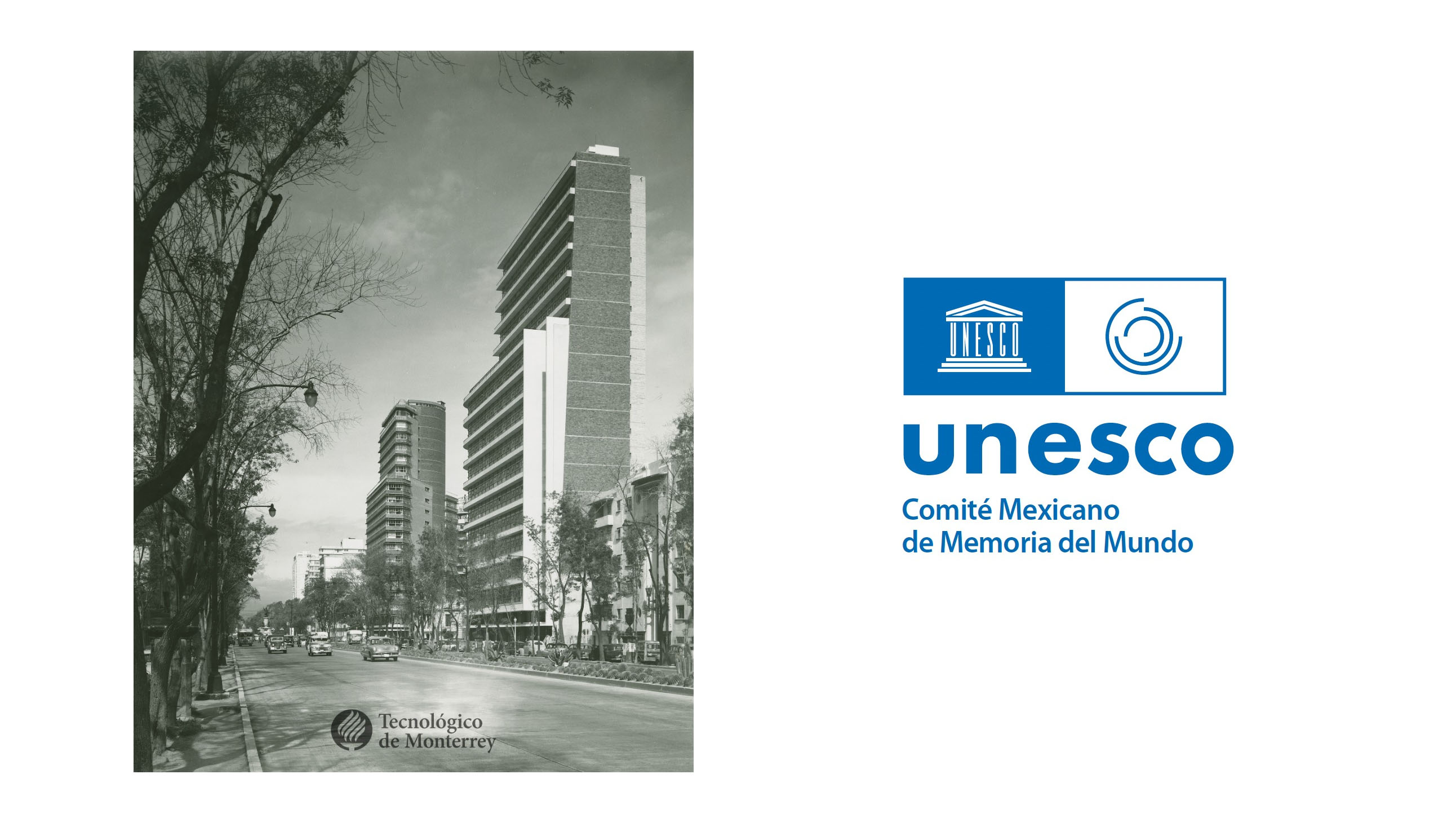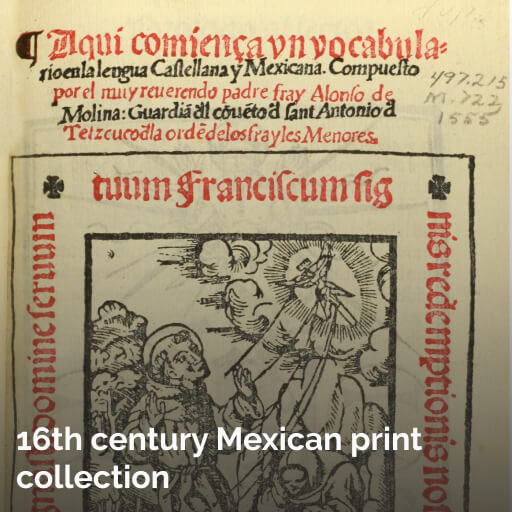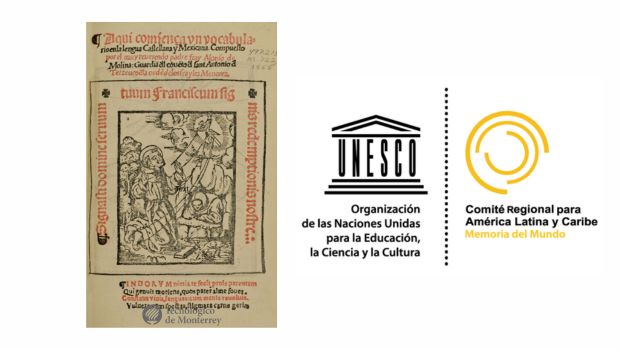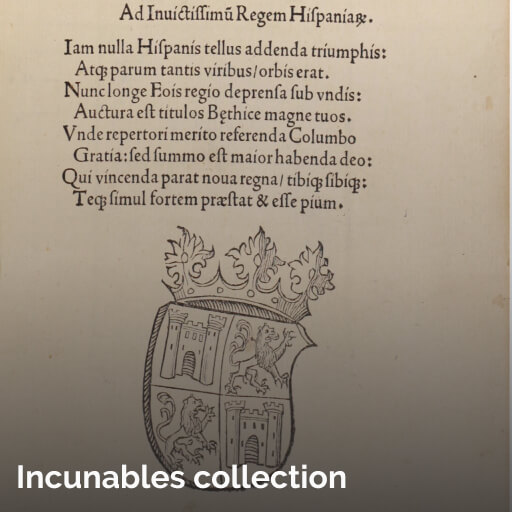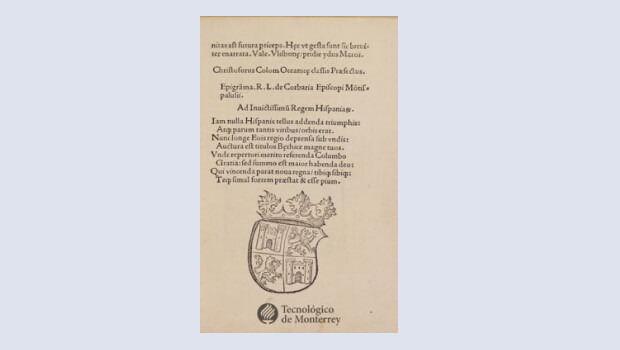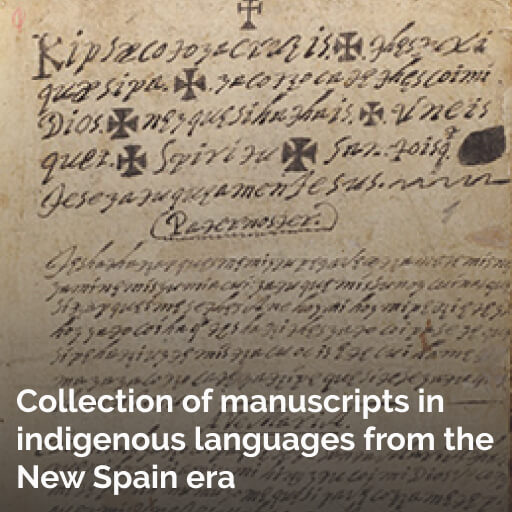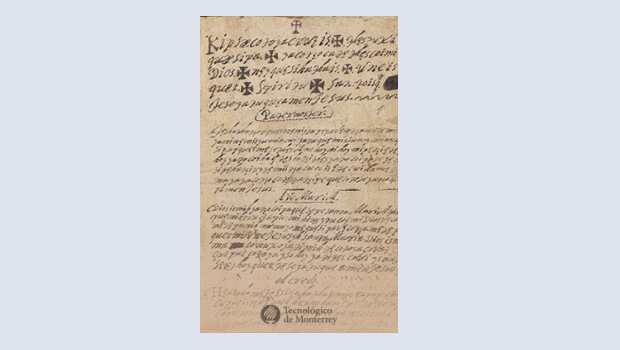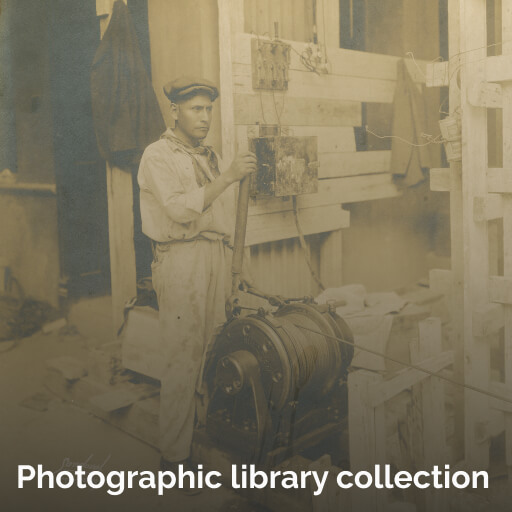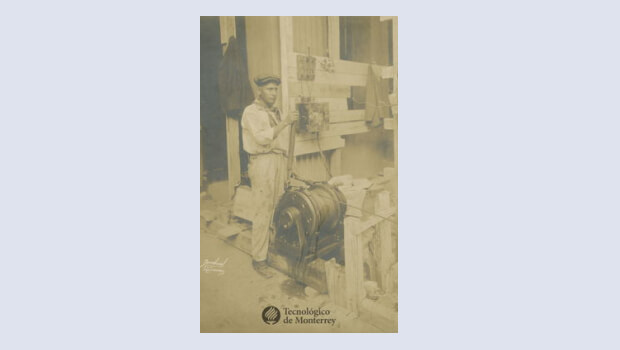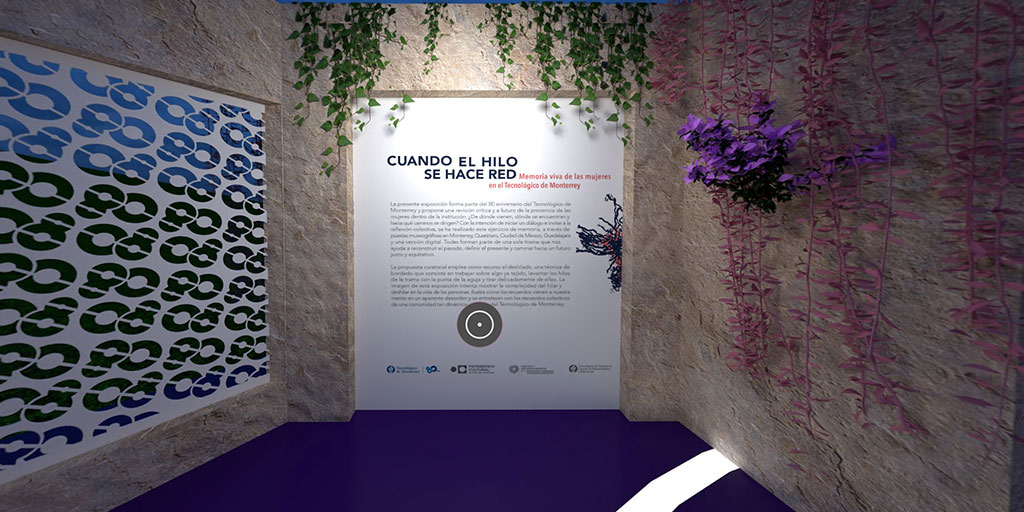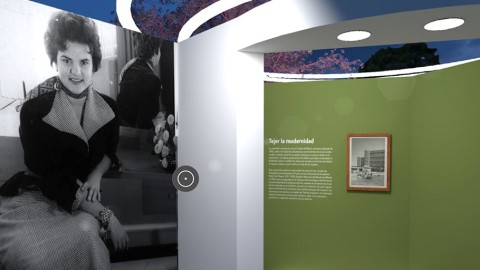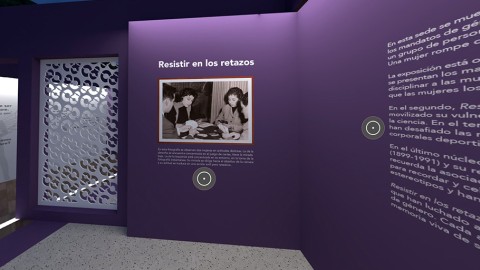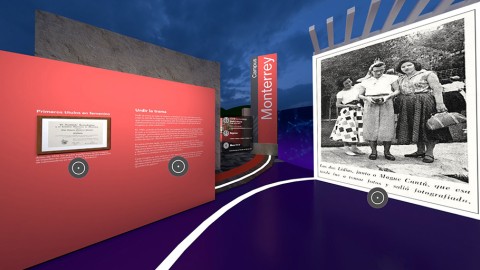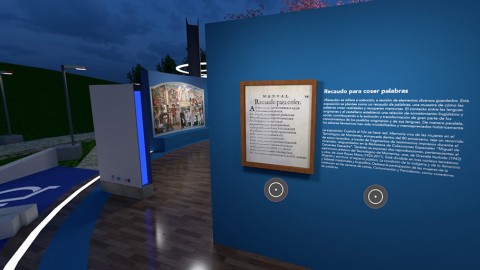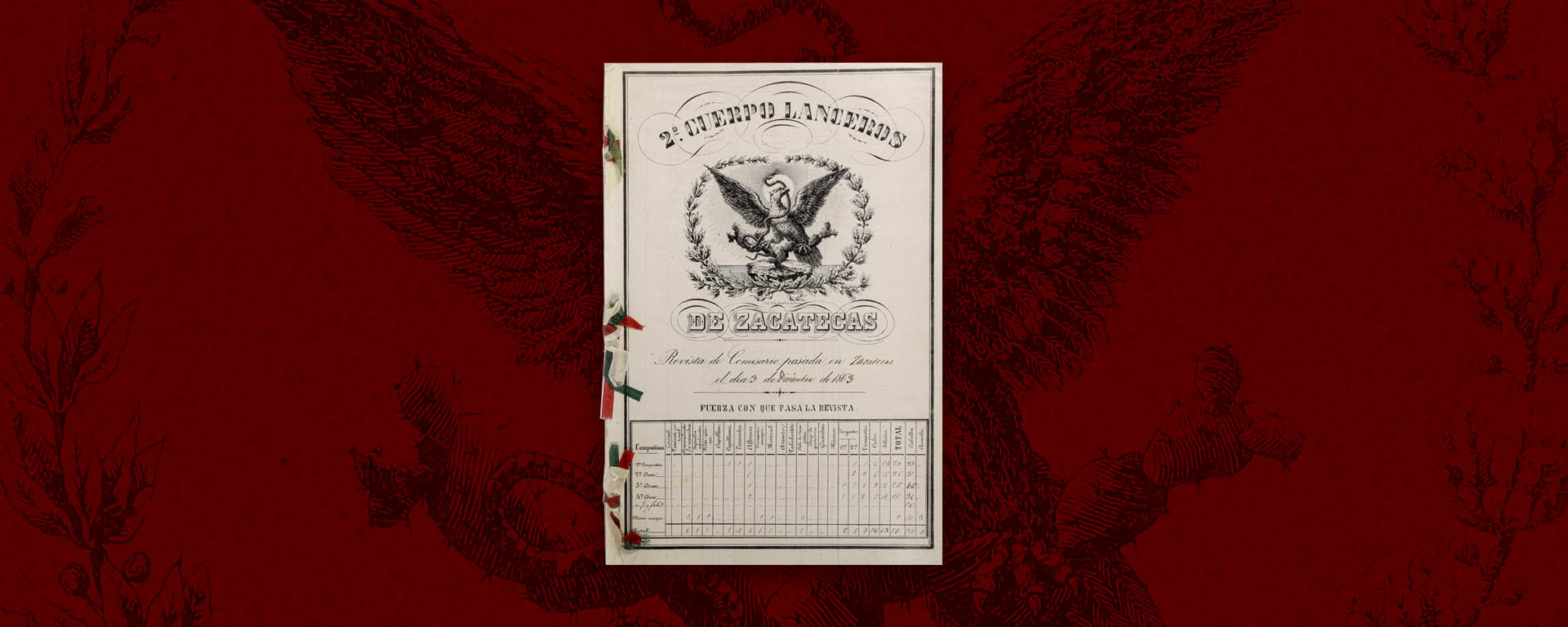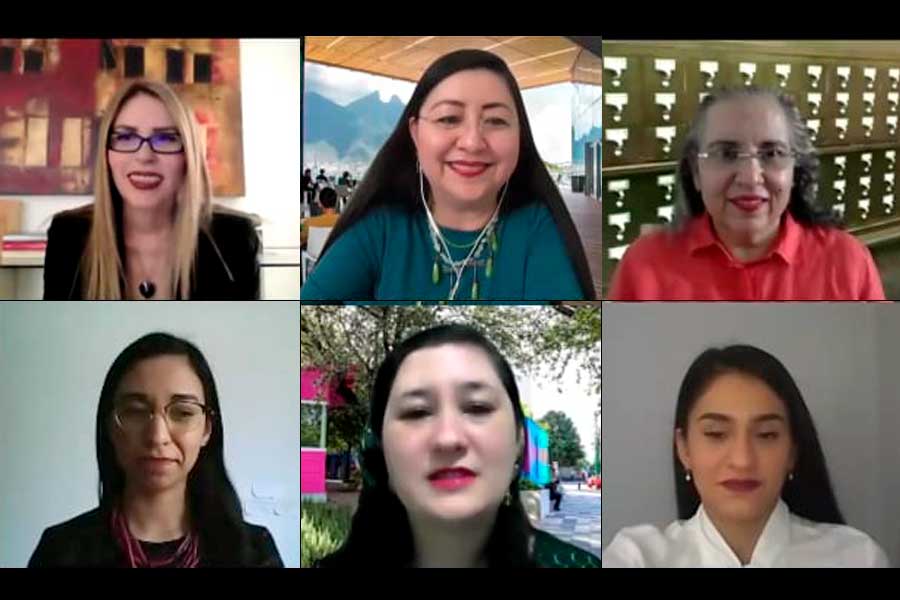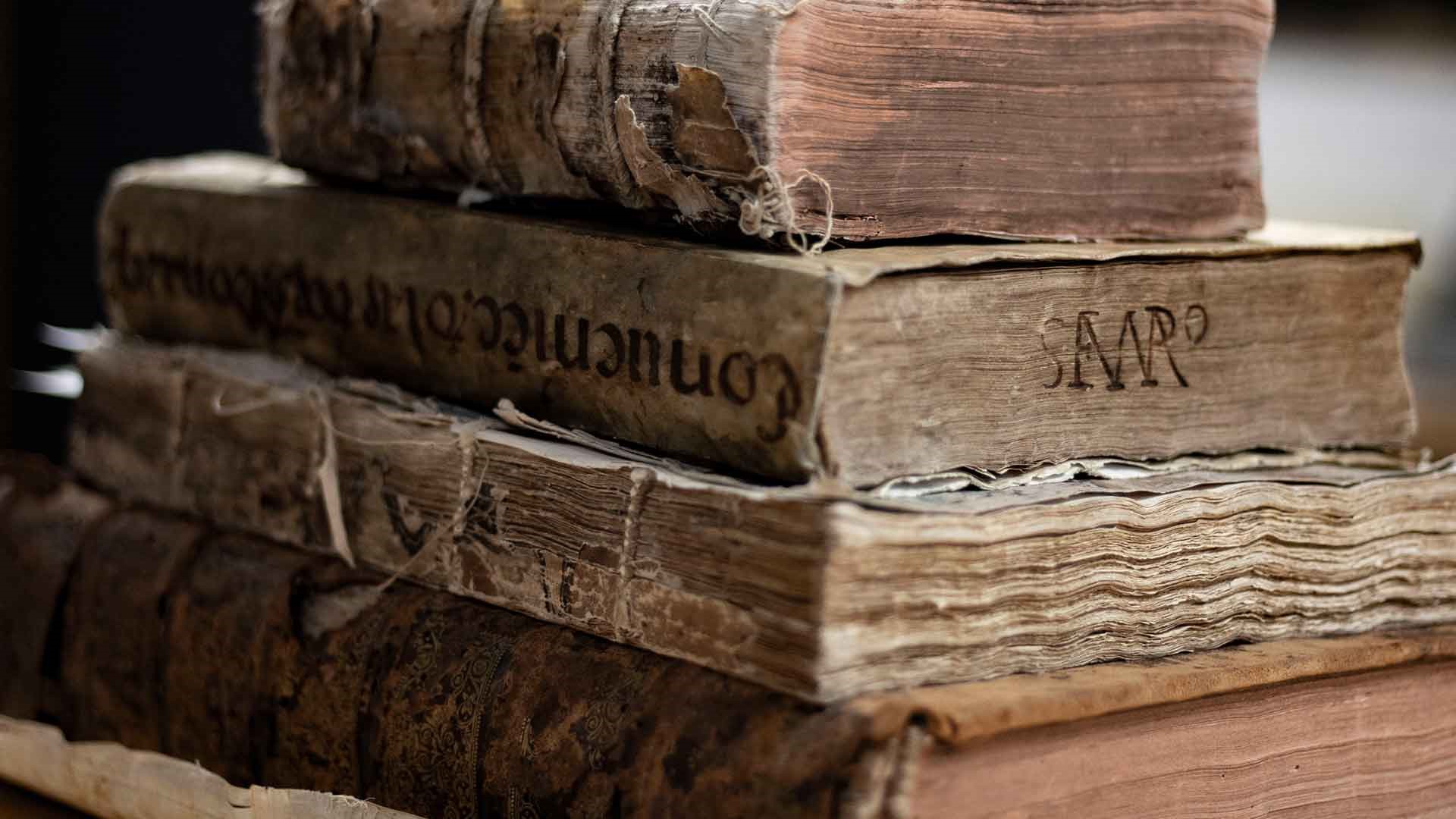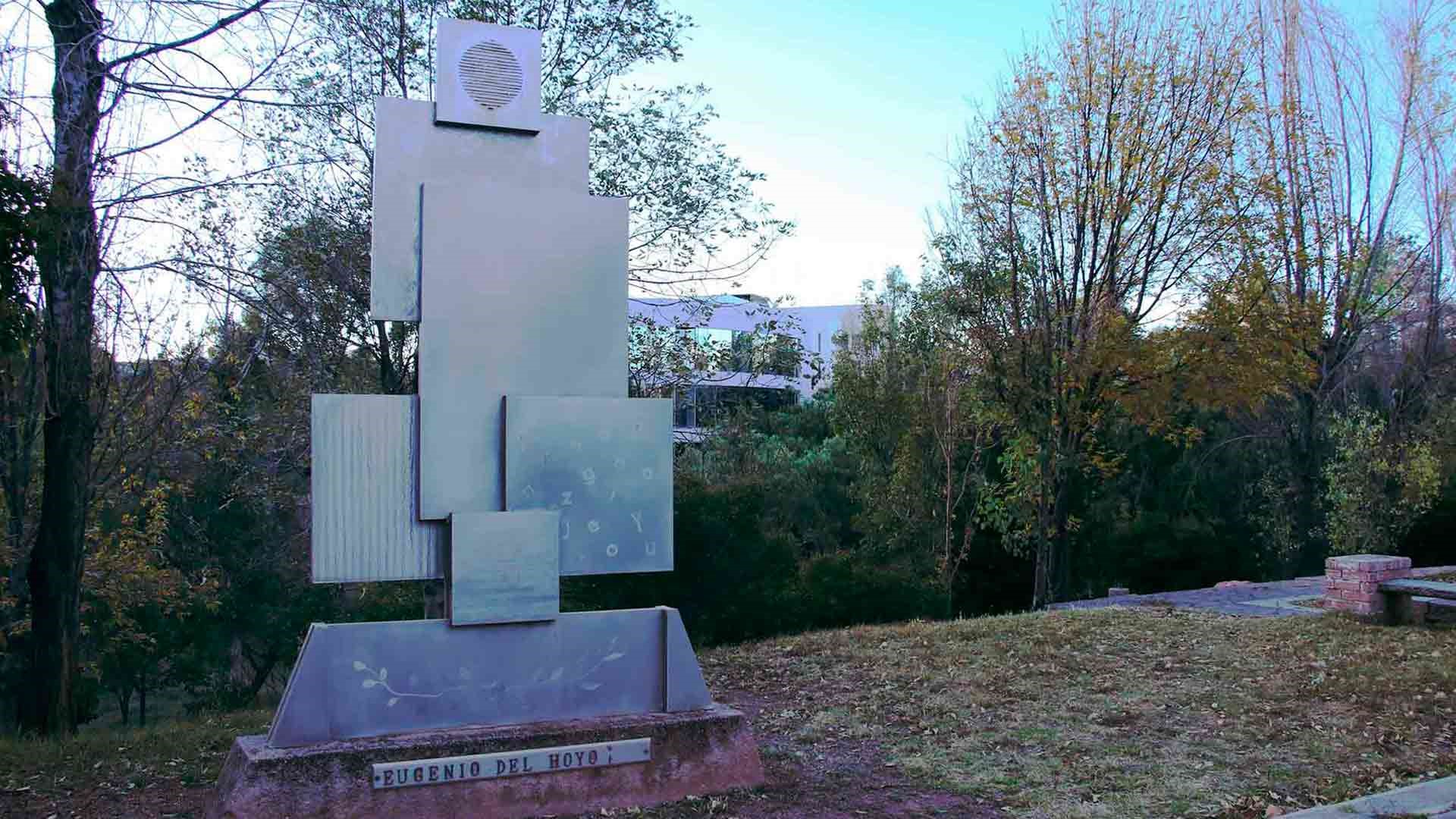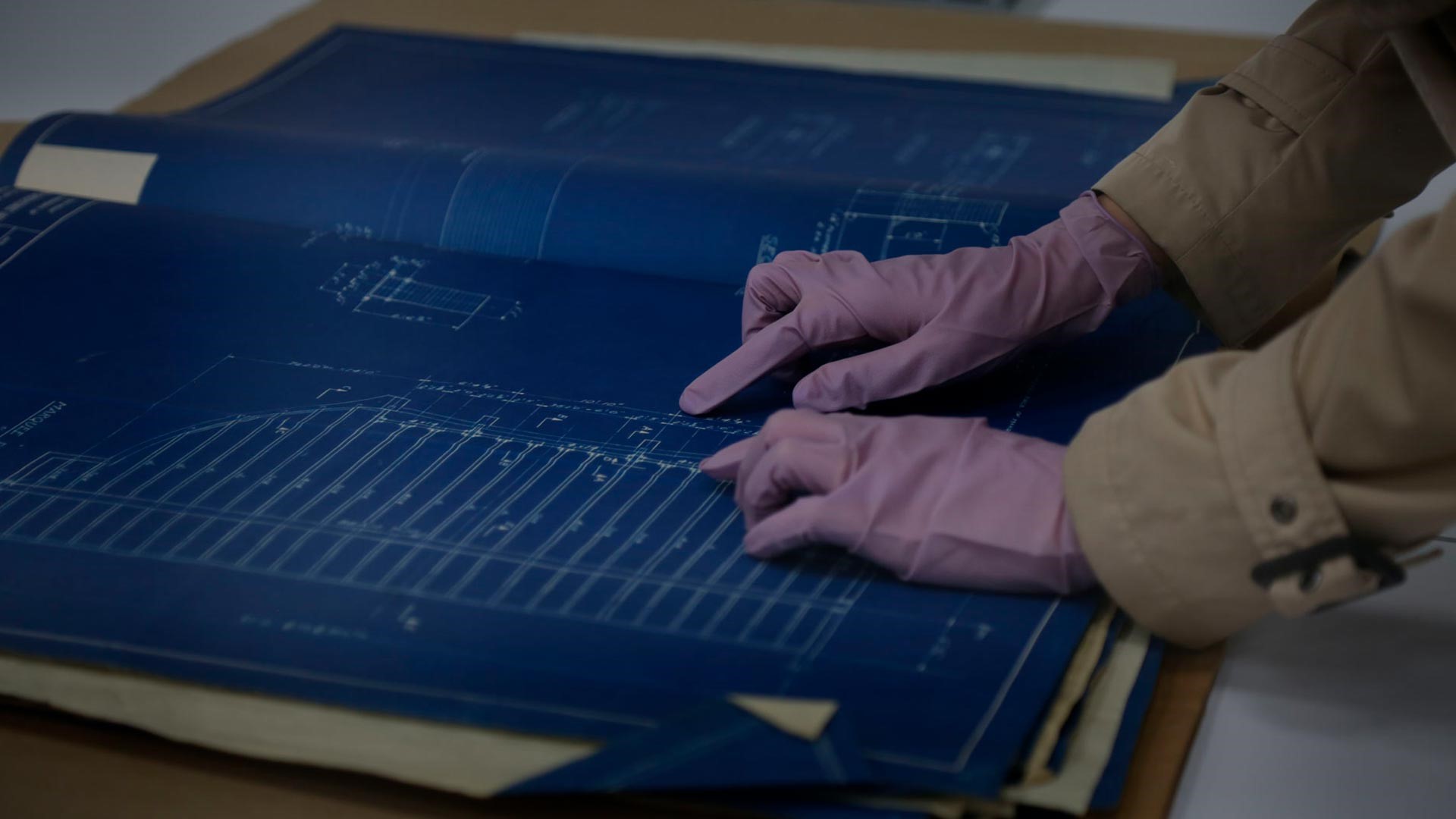Educational Innovation
About the Group
The group focuses on investigating teaching-learning processes considering various individual and sociocultural contexts and the use and impact of technology on educational transformations. It also addresses studies on the administration of educational institutions' human, material, and financial resources and emphasizes aspects such as collaborative networks, communities of practice, multi- and interculturality, and the importance of educational policies.
This research group has the following subgroups: Early Childhood Education + EMCS, Psychopedagogical Studies, Development and Use of Educational Technology, Educational Management and Policy, and Sociocultural Studies in Education.
Leader
Juan Manuel Fernández Cárdenas - j.m.fernandez@tec.mx
Members
Carlos Enrique George Reyes
Carlos Sergio Sola Ayape
Catalina María Rodríguez Pichardo
Claudia Navarro Corona
Cristina Gehibie Reynaga Peña
Elvira Guadalupe Rincón Flores
Fanny Muchembled
Felipe de Jesús Jasso Peña
Gabriela María Farías Martínez
Gabriela Torres Delgado
Gabriel Valerio Ureña
José Manuel Olais Govea
Juana María de la Fuente Alcázar
Irais Monserrat Santillán Rosas
Luis Fernando Vargas Mendoza
Manuel Flores Fahara
María Emilia Espejo Mancillas
May Iliana Portuguez Castro
Noé Abraham González Nieto
Pablo Jesús Barniol Durán
Rodrigo Urcid Puga
Ruth Rodriguez Gallegos
Sandra Gudiño Paredes
Sergio Reyes Angona
Silvia Lizett Olivares Olivares
Valeria Cantú González
Yolanda Heredia Escorza
• Gabriela María Farías Martínez (2022). Bringing COSO to life: Engaging students with real world examples of internal controls using digital storytelling. Journal of Accounting Education. Scopus Q1.
• Gabriela Torres Delgado (2022). The impact of clinical simulation with debriefing and self-regulation on academic performance in four clinical competencies of medical students. International Journal on Interactive Design and Manufacturing (IJIDeM). Scopus Q2.
• Felipe de Jesús Jasso Peña (2021). Remote proctored exams: Integrity assurance in online education? Distance Education. Scopus Q1.
• Juana María de la Fuente Alcázar (2021). Remote proctored exams: Integrity assurance in online education?. Distance Education. Scopus Q1.
• May Iliana Portuguez Castro (2021). Analysis of teaching work culture oriented to the development of entrepreneurship skills. Association for Computing Machinery. Scopus Q1.
• Sandra Gudiño Paredes (2021). New alignments for the digital age: insights into connected learning. Educational Technology Research and Development. Scopus Q1.
• Silvia Lizett Olivares Olivares (2021). Current Activities Centered on Healthy Living and Recommendations for the Future: A Position Statement from the HL-PIVOT Network. Current Problems in Cardiology. Scopus Q1
• José Manuel Olais Govea (2021). Encryption activity to improve higher-order thinking in engineering students. International Journal on Interactive Design and Manufacturing (IJIDeM). Scopus Q2.
CILED Líderes TP / UNIVERSIDAD DEL DESARROLLO
Leader: Claudia Navarro Corona
HIGH STEAM / DEPARTMENT OF STATE USA
Leader: Juan Manuel Fernández Cárdenas
Escuelas que aprenden postcovid19 / FUNDACION FEMSA
Leader: Yolanda Heredia

